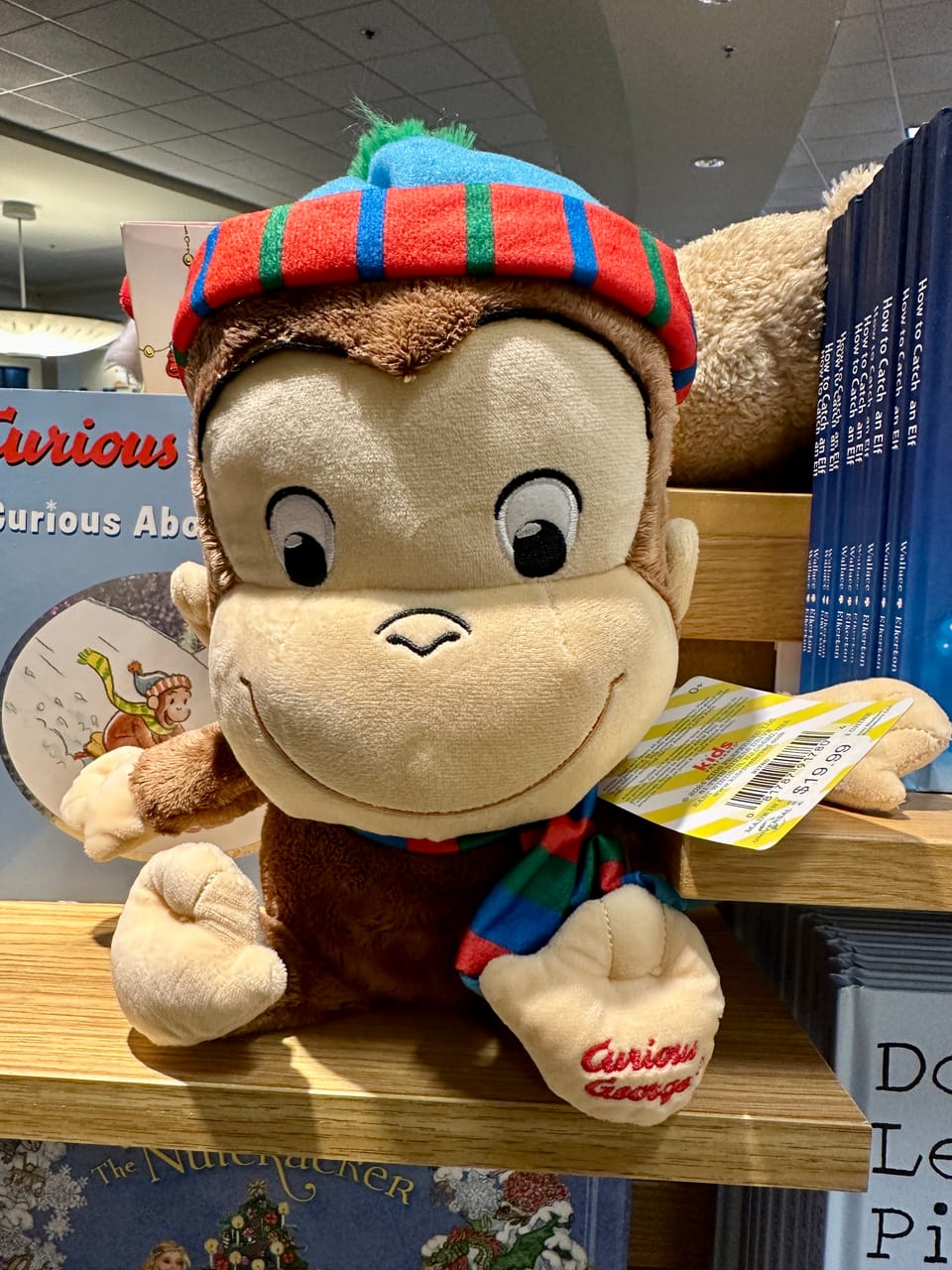What I read/listened-to the week of 11/11?

What I read
- New York City’s subway system has 32 station complexes (i.e. sets of two or more stations connected with a passageway inside fare control)- 2 in the Bronx, 2 in Queens, 10 in Brooklyn and 18 in Manhattan.
- Below is a distorted map of how they are all connected in 3D.
Welcome to LLMflation - LLM inference cost is going down fast ⬇️ | Andreessen Horowitz
The DHM Model to craft Product Strategy
- 10 min read on how Gibson Biddle did product strategy at Netflix.
- Product strategy fundamentally rests on three key pillars: creating genuine customer delight through unique value, establishing hard-to-replicate competitive advantages, and experimenting with business models to ensure profitability. These elements form the foundation for building successful products.
- Knowing when to ask for forgiveness vs permission, what you can get away with, and more
- Finesse is a skill that helps navigate complex interpersonal dynamics effectively. It involves balancing assertiveness with diplomacy, managing perception, understanding personal strengths, adapting flexibly to situations, being discreet, and recognizing incentives as crucial drivers of behavior. Finesse is aimed at amplifying one's impact without rigid adherence to set rules.
Here’s the full list of 44 US AI startups that have raised $100M or more in 2024
- For some, AI fatigue is real — but clearly venture investors haven’t grown tired of the category.
- AI deals continued to dominate venture funding during the third quarter. AI companies raised $18.9 billion in Q3, according to Crunchbase data. That figure represents 28% of all venture funding.
What is LangChain and how does it work? A beginner's guide
Let’s Talk About Faster Horses
- Effective product leadership requires understanding the root causes behind customer requests rather than just accepting their proposed solutions at face value. True listening means setting aside assumptions to fully comprehend customers' perspectives and underlying problems, even when disagreeing with their suggestions. The key is balancing this deep customer understanding with strategic thinking to create solutions that serve both user needs and broader business goals.
Why Some IPOs Fail: What We Can Learn from Asana, Fastly, and Confluent
- Asana, Fastly, and Confluent each faced post-IPO challenges - such as high cash burn, customer concentration, and competition with tech giants - that raised investor concerns over profitability and market positioning. These cases show how sustained public market success depends on profitability, a unique competitive edge, and diversified revenue streams, beyond initial growth momentum.
Startup Trends: Companies moving toward 2025 IPOs
The slow death of the hands-on engineering manager
- I don’t take anything that is in the critical path, or that someone else depends on.
I choose one of 3 options:
- Something that’ll help my engineers.
- Something I’ll learn from.
- Something that will help the company and no one else will ever do.
What I listened to
I probably used 5 sessions, total together 2 hours and 7 mins, finished a Chinese podcast episode to talk about the story behind a 2018 book Island of the Blue Foxes: Disaster and Triumph on the World's Greatest Scientific Expedition.
This basically talks about an immense 18th-century scientific journey, variously known as the Second Kamchatka Expedition or the Great Northern Expedition, from St. Petersburg across Siberia to the coast of North America. Until now recorded only in academic works, this 10-year venture, led by the legendary Danish captain Vitus Bering and including scientists, artists, mariners, soldiers, and laborers, discovered Alaska, opened the Pacific fur trade, and led to fame, shipwreck, and "one of the most tragic and ghastly trials of suffering in the annals of maritime and arctic history.
And the link to the podcast.
Have a great week ahead!
